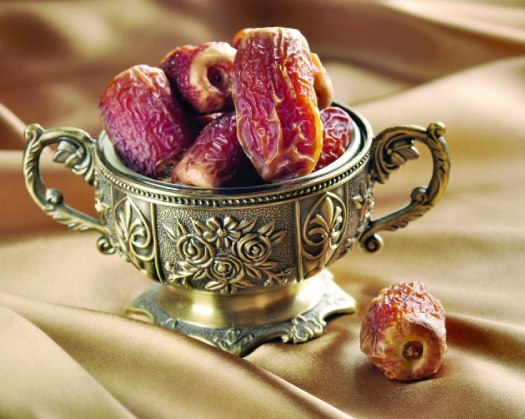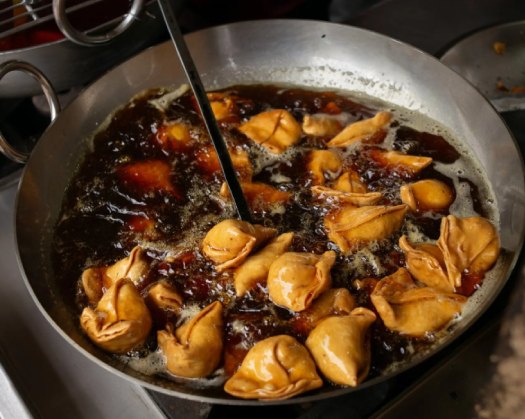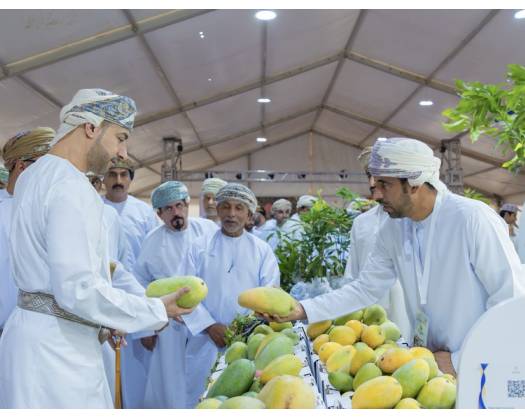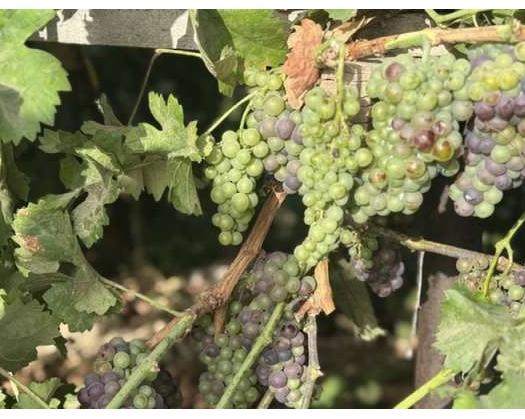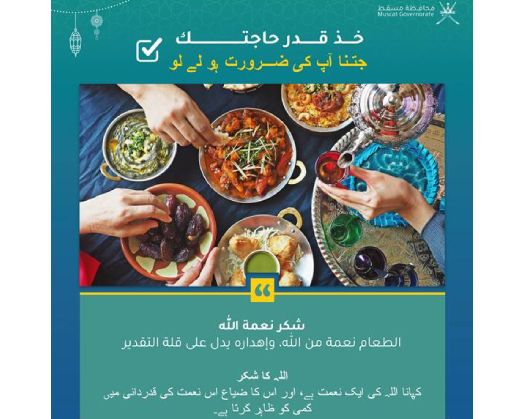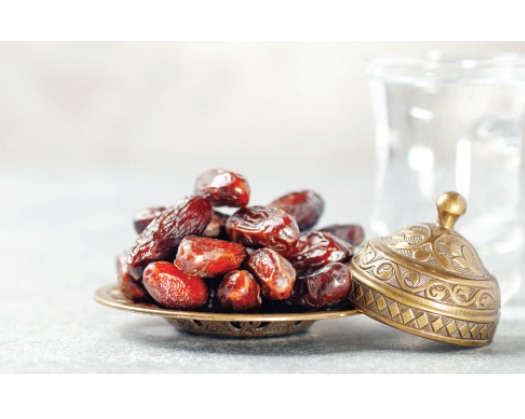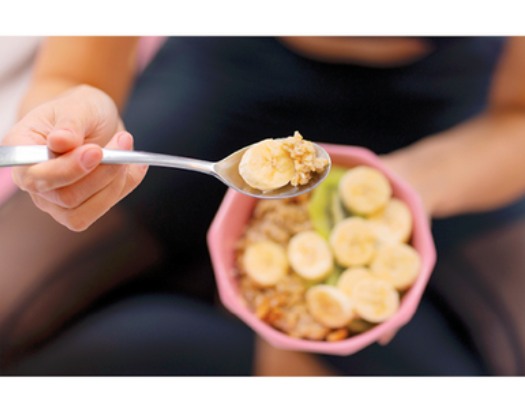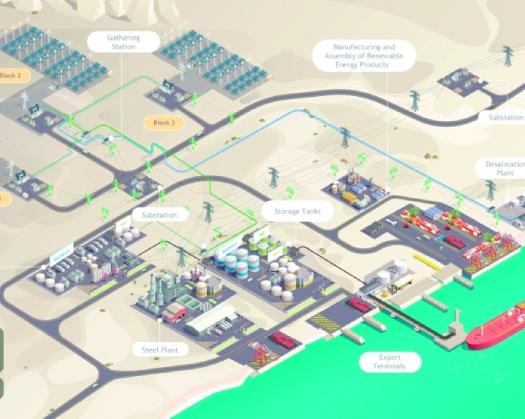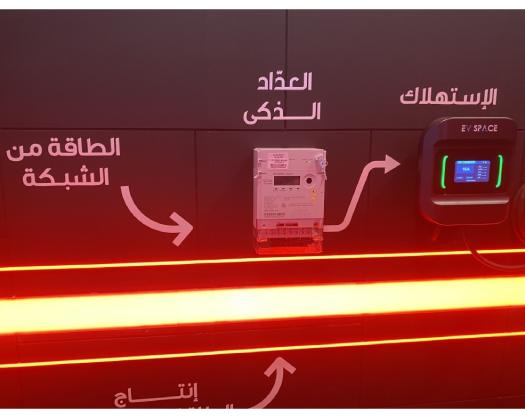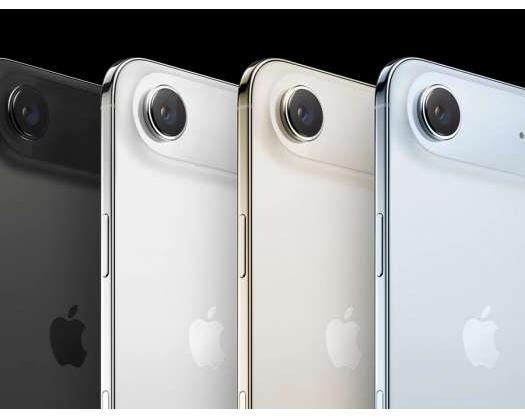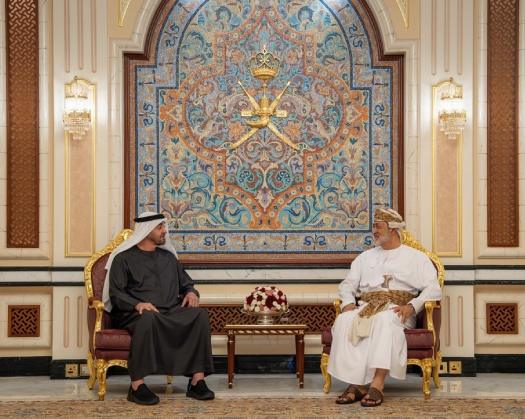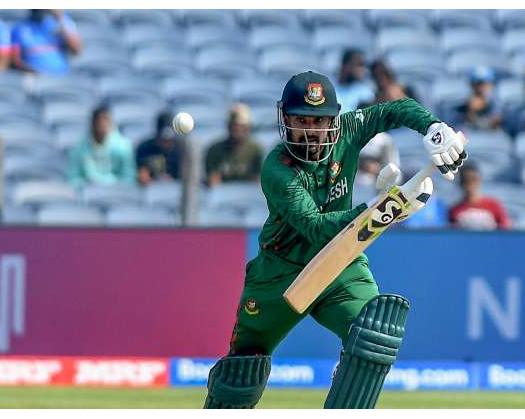Starting Iftar with dates rather than water is highly beneficial, as it helps to quickly stabilize blood sugar levels and prepare the stomach for the meal.
Breaking the fast requires immediate energy from food and hydration from water. Dates are rich in glucose and sucrose, providing a significant amount of sugar to the body. This helps alleviate symptoms of low blood sugar and boosts energy levels, as the stomach's emptiness allows for rapid absorption of these simple sugars. The majority of the sugar in dates is in a simple chemical form, aiding in the swift balance of blood sugar levels.
.jpg)
Al Zaabi emphasized the importance of starting Iftar with three dates, followed by a glass of water and a small portion of soup if available, for optimal health benefits. Additionally, she highlighted the significance of consuming dates daily during Iftar, as they offer numerous advantages such as reducing the risk of heart disease. Dates contain soluble fiber, which aids in lowering bad cholesterol and preventing the buildup of fatty deposits in the arteries, ultimately decreasing the likelihood of heart-related issues.
In preparation for Ramadan, the dates markets in Oman's governorates were bustling with activity as citizens and residents eagerly planned to purchase a variety of high-quality dates. Local Khalas dates were priced between RO1 and RO3 per kilo, while fard and nghal dates ranged from RO1 to 200 baisas.
It was observed that khalas and fard dates were the most sought-after varieties among shoppers. The elderly population particularly favored Nghal dates due to their lower sugar content, making them a popular choice.

